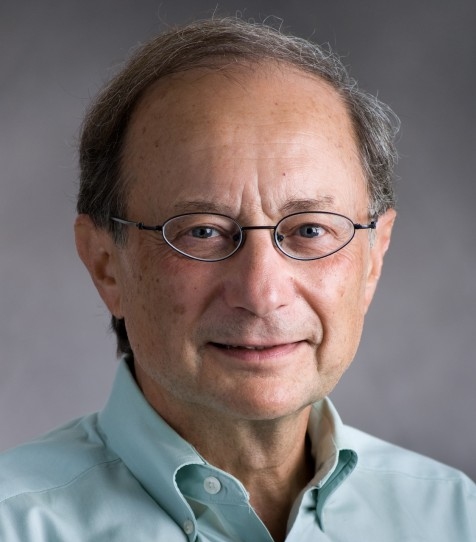 Michael Mendillo
Michael Mendillo
Boston UniversityCenter for Space Physics
725 Commonwealth Ave
Boston, MA 02215
Phone: 617.353.2629
email: mendillo@bu.edu
Michael Mendillo was born and raised in Providence, Rhode Island. He did his undergraduate work at Providence College (Bachelor of Science in Physics, 1966) and his graduate studies at Boston University , receiving his Ph.D. in physics and astronomy in 1971, with Michael D. Papagiannis as his dissertation advisor. After two years as a National Academy of Science/National Research Council post-doctorial research associate at the Air Force Cambridge Research Laboratory, he joined the Boston University faculty in 1973. Professor Mendillo teaches graduate courses in space physics; at the undergraduate level he specializes in courses for non-science majors. He currently teaches sections of the physical science course in the College of Arts and Sciences' Core Curriculum.
As Professor of Astronomy and Professor of Electrical and Computer Engineering, he leads a research group in space physics that has developed new low-light-level imaging techniques for observations of emissions from the Earth's atmosphere. Radio observations and modeling studies are merged with an optical tomography program to investigate various areas of "space weather" in the solar terrestrial system. Professor Mendillo is also known for his work on so-called Active Experiments - the technique of introducing (by space shuttle or sounding rockets) known gaseous perturbations into space plasmas, observing the induced effects, and then deriving the basic physical processes that govern the system.
In 1989, Professor Mendillo initiated a planetary astronomy research effort at Boston University that led to discoveries of extraordinary large, tenuous atmospheres of sodium gas on Jupiter, on the Earth's moon and, most recently, in comet Hale-Bopp. To conduct these studies, Professor Mendillo and his long-term research colleague, Jeffrey Baumgardner, designed and constructed, in 1994, the new Boston University Station at McDonald Observatory in Fort Davis, Texas.
Professor Mendillo's research program has received support from the National Aeronautics and Space Administration, the National Science Foundation, the Air Force Geophysics Laboratory, the Department of Energy, and the Office of Naval Research. His flight program experience as principal investigator includes NASA's Spacelab-2 mission, the CRRES program, and a series of sounding rocket active experiments. He has served on several National Academy of Sciences committees, boards, and special panels, and is currently a member of its committee on Lunar and Planetary Exploration (1997-2000). At NASA he has served on the Space and Earth Sciences Advisory Committee (SESAC) and the Space Physics Advisory Committee. In June 1987, he was named to the first Advisory Committee for the National Science Foundation's new CEDAR (Coupling, Energetics, and Dynamics of Atmospheric Regions) program, and in 1996-97 rejoined the CEDAR Science Steering Committee as its chairman. At National Science Foundation, Professor Mendillo also served as co-chairman of its Planetary Astronomy Advisory Committee in 1994-95.
As associate dean for the Graduate School of Arts and Sciences at Boston University from 1978 to 1987, Dr. Mendillo participated in the University's efforts to advance graduate education and faculty sponsored research. Upon leaving the dean's office, he helped formulate the strategic plan for the University's new Center For Space Physics, serving as its acting director in 1992. The Center is now one of the nation's premier research units in solar system space science.
